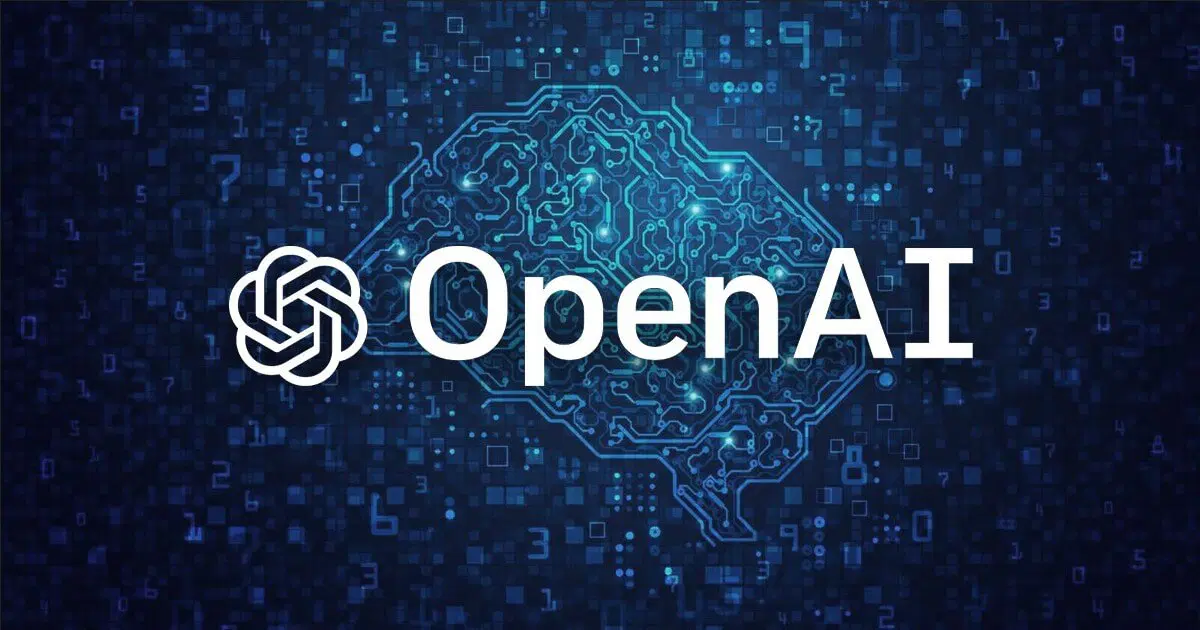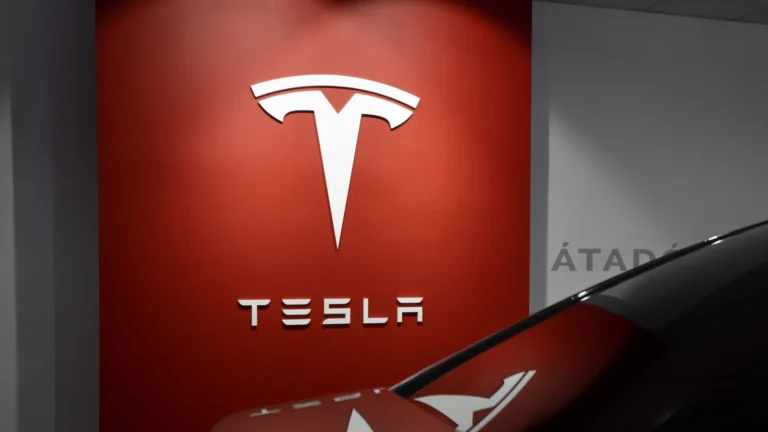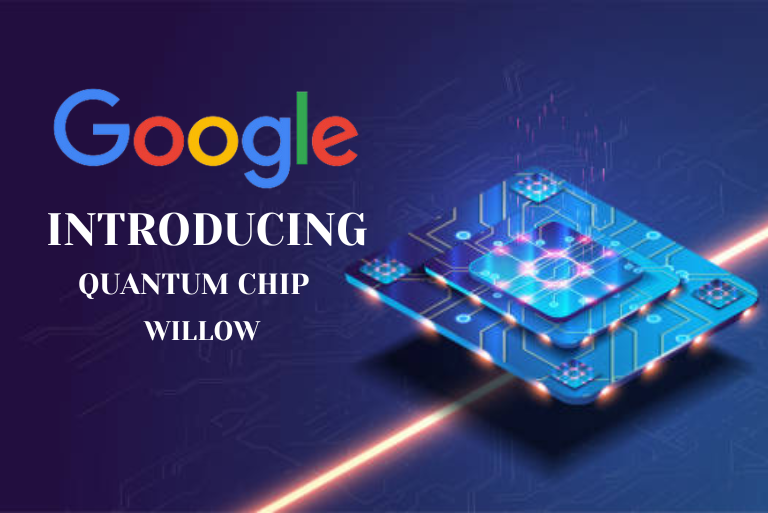How OpenAI’s GPT Revolutionized AI and Transformed Tech in 2023-2024
Introduction: The AI Revolution in Our Hands
In recent years, artificial intelligence (AI) has transformed from a niche research topic into a technology that affects every aspect of our daily lives. Among the leaders in this revolution is OpenAI’s GPT (Generative Pre-trained Transformer) series — groundbreaking language models that redefined what machines can understand and generate in human language. This blog explores the story of GPT’s rise, its impact on the tech world in 2023 and 2024, and what it means for businesses, developers, and users worldwide.
The Birth of GPT: A Quick History
The journey began with GPT-1 in 2018, a model that introduced the concept of using unsupervised learning on vast text data. But it was GPT-2 (2019) and especially GPT-3 (2020) that truly captured the world’s attention by generating text that was almost indistinguishable from human writing.
Fast forward to late 2023, OpenAI released GPT-4, which pushed boundaries even further with multi-modal capabilities, advanced reasoning, and creativity. This new generation made AI accessible not just to researchers but to mainstream users through platforms like ChatGPT and API integrations.
Why GPT Became a Game Changer
1. Unmatched Language Understanding and Generation
GPT models trained on massive datasets can understand context, nuance, and generate coherent, contextually appropriate text. This opened doors for applications in content creation, coding assistance, customer service, and more.
2. Democratization of AI Tools
With API access and free-to-use platforms, developers and companies of all sizes began integrating GPT into their products. This accelerated innovation in industries ranging from healthcare to entertainment.
3. Multi-modal AI Capabilities
GPT-4 introduced multi-modal inputs, meaning it can process images and text together, enabling smarter applications like visual question answering and creative design assistance.
Real-World Applications That Changed the Tech Landscape
Content Creation and Marketing
Businesses harnessed GPT for blog writing, SEO content generation, and personalized marketing campaigns, saving time and improving quality.
Software Development
Developers used GPT-based tools like GitHub Copilot to auto-generate code snippets, debug errors, and learn new programming languages faster.
Customer Support
Automated chatbots powered by GPT improved customer engagement, providing instant and accurate responses that feel human-like.
Education and Learning
AI tutors and content generators made personalized education more accessible, helping students worldwide.
Challenges and Ethical Considerations
While GPT’s rise brought many benefits, it also posed challenges:
- Misinformation: The ability to generate believable but false information.
- Bias: AI models sometimes reflect biases present in training data.
- Privacy: Handling sensitive user data securely remains critical.
OpenAI and the wider community continue working on responsible AI guidelines to address these issues.
What’s Next? The Future of AI and GPT
The future promises even more powerful models with deeper understanding, better safety mechanisms, and integration into everyday tools. Expect AI to become an even more indispensable partner in creativity, productivity, and problem-solving.
SEO Keywords Summary
- OpenAI GPT
- GPT-4 revolution
- AI language models
- AI content generation
- Multi-modal AI
- AI in software development
- GPT customer support bots
- AI ethical challenges
- Future of AI technology
Conclusion
OpenAI’s GPT has reshaped the tech industry by making AI more powerful, accessible, and versatile than ever before. As we move forward, understanding this technology and its implications will be crucial for innovators and users alike. The AI revolution is not just about smarter machines; it’s about empowering humanity with new tools to create and solve problems at an unprecedented scale.



